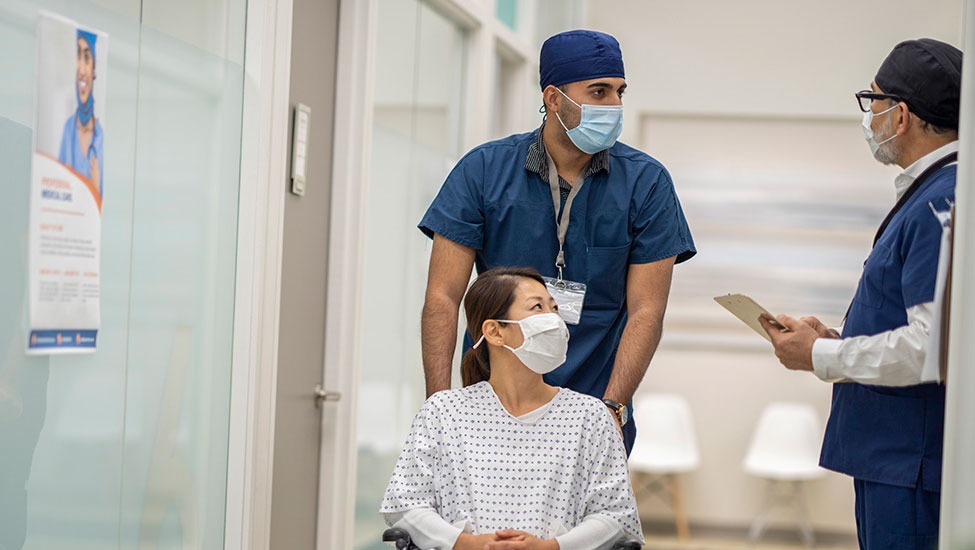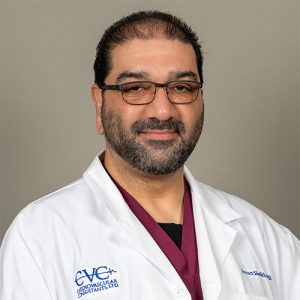Center For Cardiovascular Research and Education

Electrophysiology
Electrophysiology is a subspecialty of cardiology that deals with conditions concerning the heart's electrical system. An electrophysiologist is a type of doctor who tests the heart's electrical system and treats conditions regarding irregular heart rhythms.
Find a Physician by Specialty
Electrophysiology
Specialty:
Electrophysiology
Address:
20565 N. 19th Ave.
Phoenix, AZ 85027
Phone:
602-714-8800
 Sheikh, Imran R., MD
Sheikh, Imran R., MD